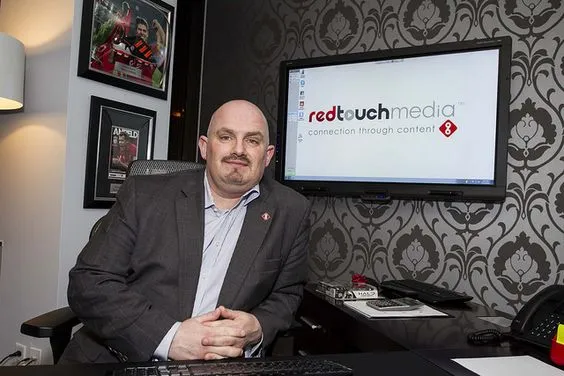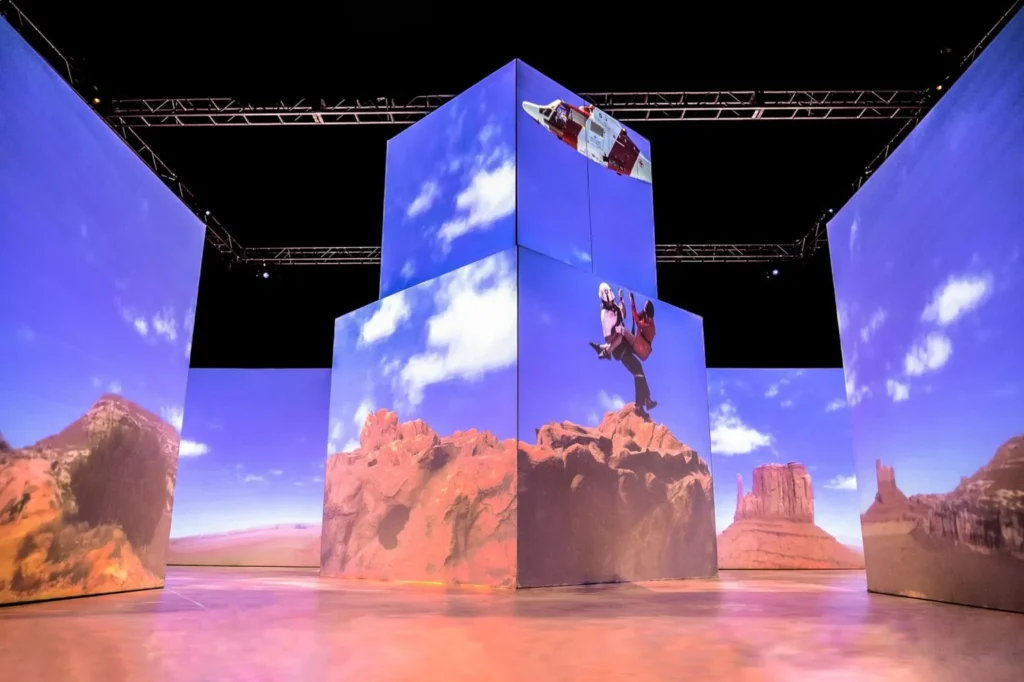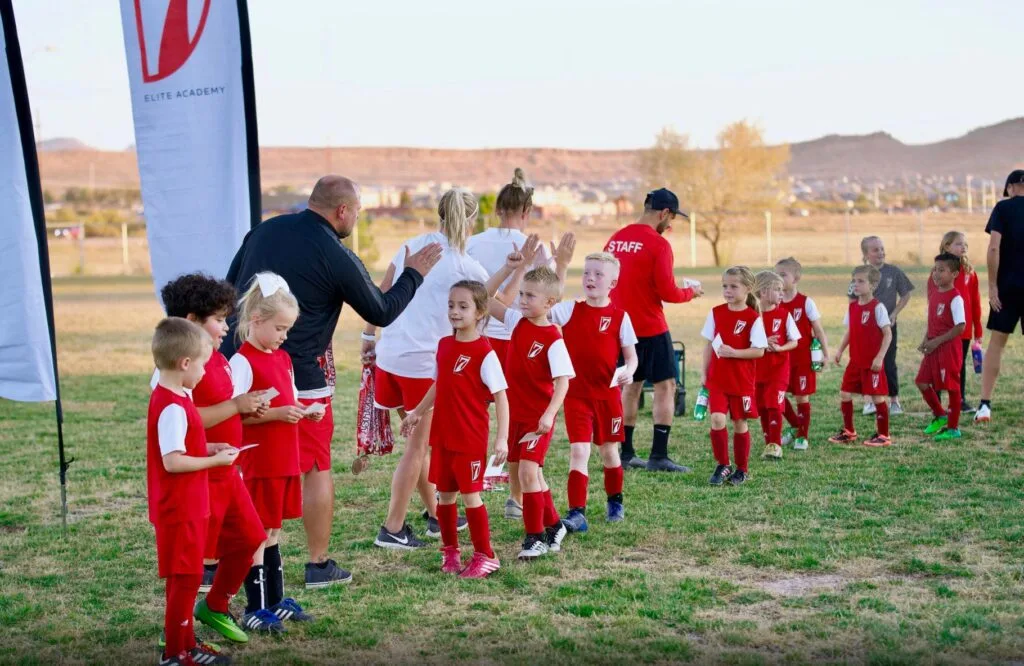Wayne Scholes is the CEO of Really Epic Dog Group. Wayne oversees the development, growth and success of the companies that make up Really Epic Dog Group. Just like thousands of other business leaders around the world, Wayne has had to navigate his team through completely uncharted territory as Covid-19 has disrupted the businesses across the group and across the globe.
We asked Wayne what he has learnt during this challenging time and, when the resolution of this pandemic finally approaches, what will he take forward in Really Epic Dog.



What has been the biggest challenge in continuing to operate during the pandemic?
The first challenge is to make sure that everyone has the tools necessary to do their jobs. That’s a sort of bare minimum, can everyone work from home kind of deal? That’s the getting up and brushing your teeth thing, it’s basic, so no real accomplishment there honestly.
The second, and most important part, is about having confidence and finding a way to help people enjoy the challenge of the ‘new norm’. I think, generally, people are creative and will find ways to be innovative during a crisis. Our job as the leader, or leadership team, is to make sure that we inspire a level of confidence and calm within the group. We need to give people the chance to create something and to perform at their best, which means limiting the anxiety they may be experiencing about the chaos going on around them. That doesn’t mean the absence of problems, or challenges, or fear. There will always be those things. However, it’s our responsibility to give our team the facts, be honest, and then keep moving.
People can manage risk if they know what the risks are. It’s when a situation is unknown that things get hard to manage. We have worked hard to be direct with people through daily welfare calls. The bottom line is people want to know they are cared about and considered at every step. Regular team meetings, over-communicating in some respects, helps people to stay connected. A cliché, I know, but still important.
The last thing is to not ignore or avoid the crisis, but use it. Try to take a positive from it. I have learned more about the team; our likes, dislikes, fun things, sad things, all kinds of amazing things, in the last 8 weeks than I have in the previous year, because the environment is right to spend that time connecting. In a strange way we have become closer because of the distance.
We have had to replace that tactile relationship in the office where we physically see each other all the time, with a more intimate version of seeing each other, making an effort to stay connected. It feels a little bit like in the old days (yes, I can say that now that I am 50), when as a salesman I wrote handwritten letters and typed letters to my sales prospects and clients. I would call them to follow up, not on cell phones, because we didn’t have them, but old-fashioned landlines. Leaving messages, popping into see them. We made an effort. People appreciated that effort and it feels similar to that. We are recognizing effort now more than ever, and I like it!
Q: What has most surprised you during this period of time?
Not much honestly. I know that may sound arrogant, but we try to hire very carefully. We hire people who can thrive in chaos, and under stress. This pandemic has shown me the value of the teams we have in place. We have seen that our teams care about each other, they’ll look after each other, they will go out of their way to help, and I’ve loved watching it.
Q: How much of a role has the company’s pre-existing culture played in successfully managing to deal with the crisis?
Massive. Massive. Massive. I cannot tell you how critical it is. I have said this a thousand times to the company, I am sure it drives people insane by now, but I always tell everyone, brand lives in how you do things. A very wise mentor of mine at Virgin taught me that some twenty years ago and he was right. Brand does live in how you do things; your culture is the result. People don’t buy in to things that they know aren’t real, they can pretend for a while but in the end, fake loses its sheen and the dull shows.
Companies can have as many posters on the walls as they want, cheesy quotes everywhere, but it means nothing if they aren’t living those values day in and day out. The things we do creates the environment around us, and you can’t hide from that. Our culture is the product of years of cultivating the right things, doing the right things, taking a stand when we know it’s hard to do, and caring about the right things. We have taken on challenges throughout the years that we know nobody else would take on and we’ve thrived in those moments of being told ‘No way can you guys do that’, and we’ve done it. I’m proud of how our teams have been community-focused, driven, kind, caring, and calm during the crisis.
Q What things have been implemented during lockdown that you think will continue to be a benefit to the group after ‘normality’ resumes?
That’s a tough one. The cliché answer is communication. I have really enjoyed the group chats, video calls, and the extra talking. We’ll keep a lot of that. I think perhaps the biggest thing we’ll take forward is that we don’t know what we don’t know. Through this we have had to plan for all kinds of eventualities and things which are almost impossible to plan for. That ability to plan for the unplannable is critical and has been a great test for the teams, leadership included. It has been a great lesson to learn for us all.
Q: What is the most valuable lesson you have learnt as a result of the pandemic?
Plan for the unplannable. Have a back up to your back up plan. Do it all with a smile and calmly. Lead as you want to be led.
Q: What are you most looking forward to doing once the pandemic is over?
Getting the teams together for a pizza. Adequately spaced apart of course.
